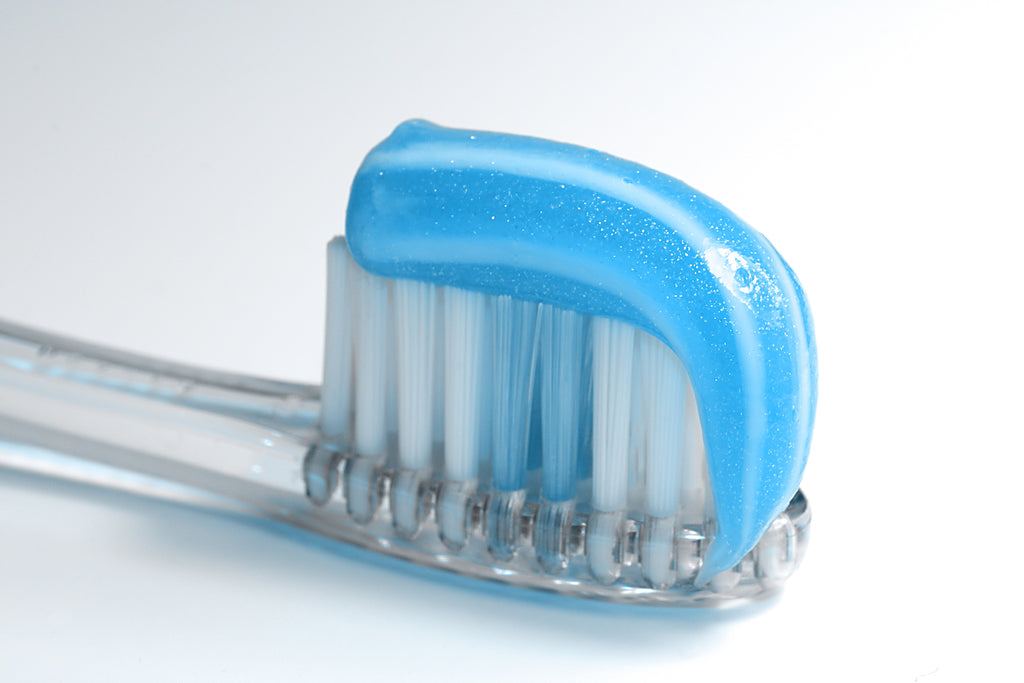
Why Was A Radioactive Toothpaste Ever Sold?

The best way to find the most effective dental products online is to visit the experts, either through specialist stores or by consulting with a dentist to find the right product for you.
Whilst the vast majority of dental products available today are effective when used properly, in the distant past that was not necessarily the case.
One of the most fascinating examples of this was the sale of radioactive toothpastes, the dangers of which were first discovered by dentists themselves in cases such as the Radium Girls.
However, even as this and the case of Eben Byers highlighted the dangers of radiation, two companies attempted to sell radioactive toothpaste, although neither was typically known for making dental products of any kind.
Doramad
Produced by Auergesellschaft, an industrial firm based in Berlin best known for making gas lamps, Doramad was a means to use left-over thorium and take advantage of a rather unfortunate European and American radioactivity fad in the early 20th century.
At the time, radiation therapy was known to be able to destroy cancer cells, but the exact mechanics were still being discovered. This meant that some product manufacturers claimed that the radiation itself provided health benefits and improved teeth and gum defence.
This proved to be the opposite, but this would not be widely recognised until the end of the Second World War, by which point Doramad Radioactive Toothpaste had stopped production.
Doramad’s biggest historical legacy is as part of the Alsos Mission, an investigation into the theft of thorium by German Scientists from France during the war.
It was believed initially that it was part of efforts to construct an atomic bomb to bring about the end of the war, one way or another, but after arresting a chemist by the name of Dr Jansen who worked for Augergesellschaft, the true nature of the theft became clear.
Augergesellschaft knew that the war would be ending soon, and wanted to move away from the production of wartime goods and enter the cosmetic market. The only product in the company’s back catalogue was Doramad, which meant they needed a lot of thorium to ramp up production.
After the end of the war, the fate of the thorium toothpaste is unknown, but amidst the chaos of the partition of Germany, the chances of it actually being produced are minimal.
Tho-Radia
Made in association with Alfred Curie, with absolutely no relation to Pierre and Marie Curie, Tho-Radia was a line of radioactive cosmetics, which included a toothpaste that contained thorium starting in 1932 in Paris.
Whilst the name and the somewhat iconic branding of a woman bathed in presumably radioactive light endured for several decades, Tho-Radia quickly stopped using radioactive materials in their products.
Part of this was the result of Marie Curie herself, both directly and indirectly. Mrs Curie had initially attempted to sue Dr Alfred for using the Curie name to associate the product with her research, although allegedly dropped the case due to the fact he could use his name however he likes.
The other part was her untimely death as a result of long-term radiation exposure, which caused the French government to take action and ban the use of radioactive substances outside of prescription medication.
Tho-Radia quietly discontinued using the substances but still kept the name and the branding until the company was bought in 1962 and the brand was abandoned in 1968.
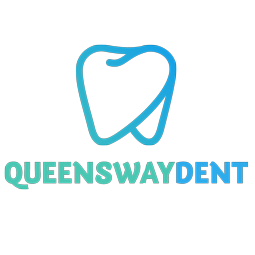
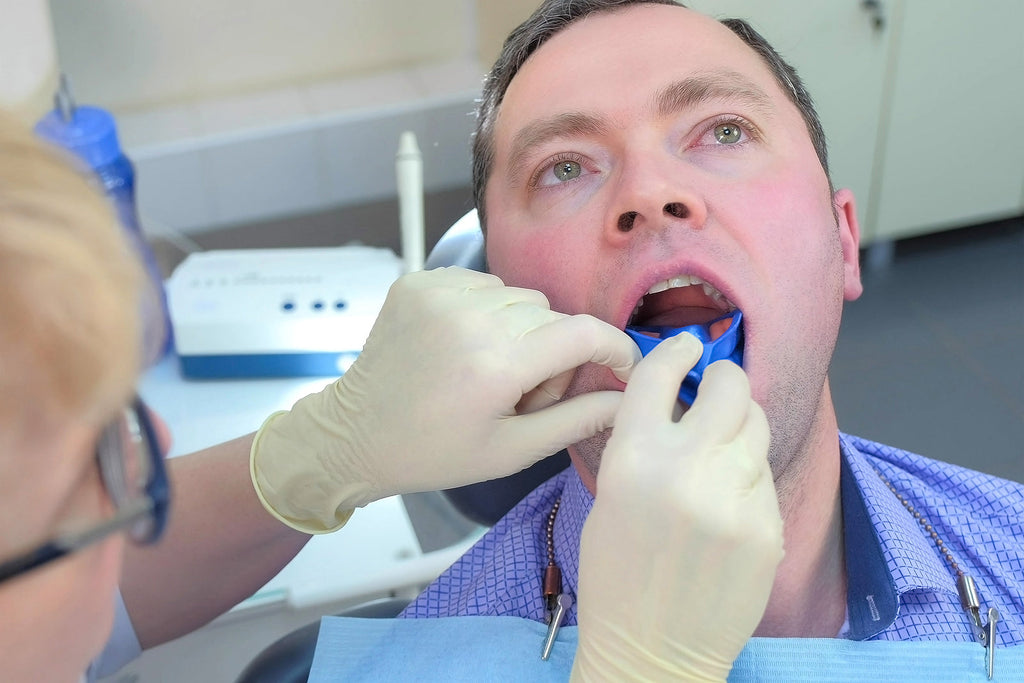
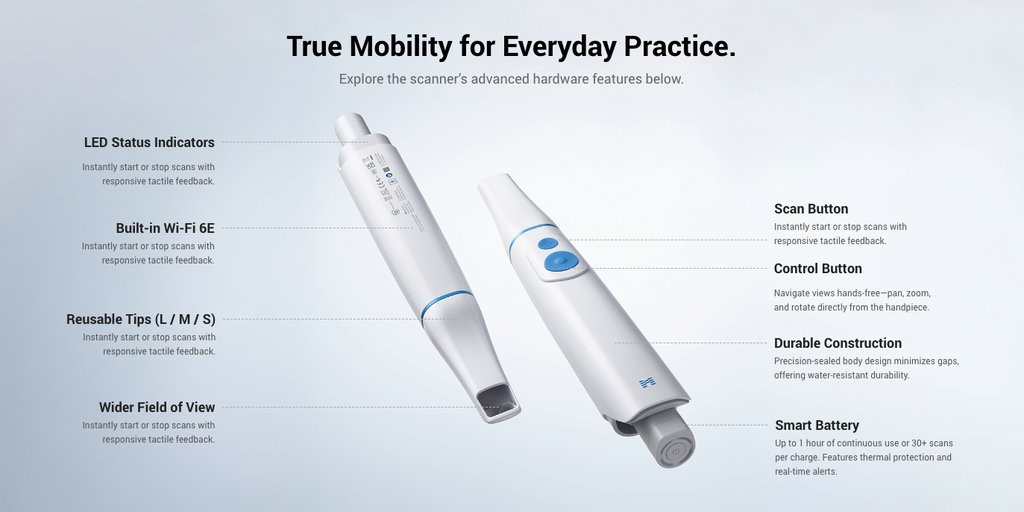

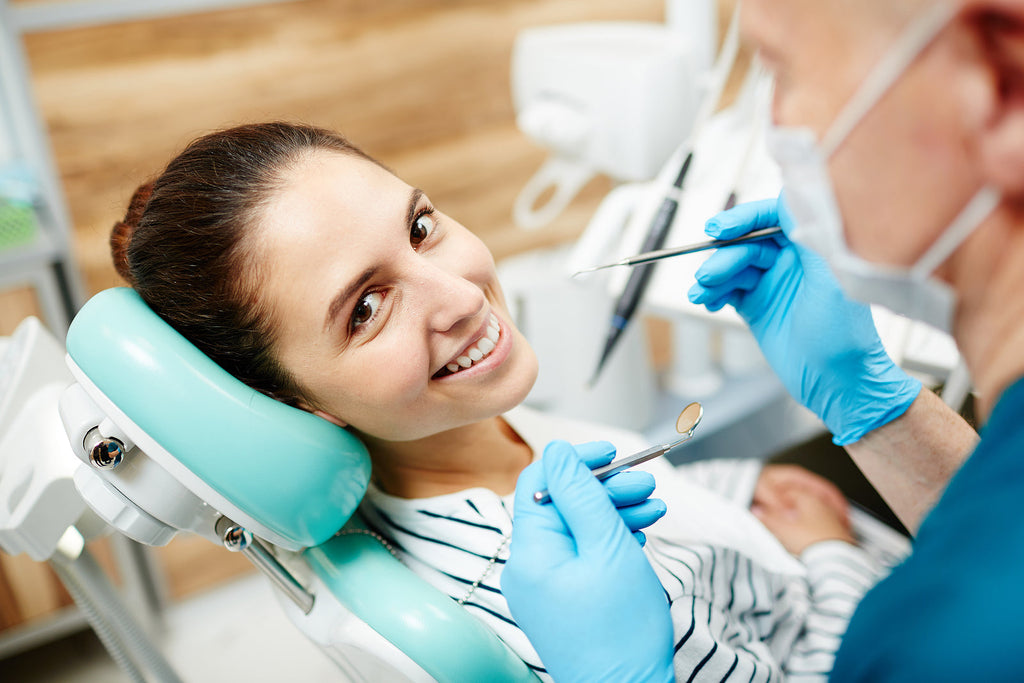
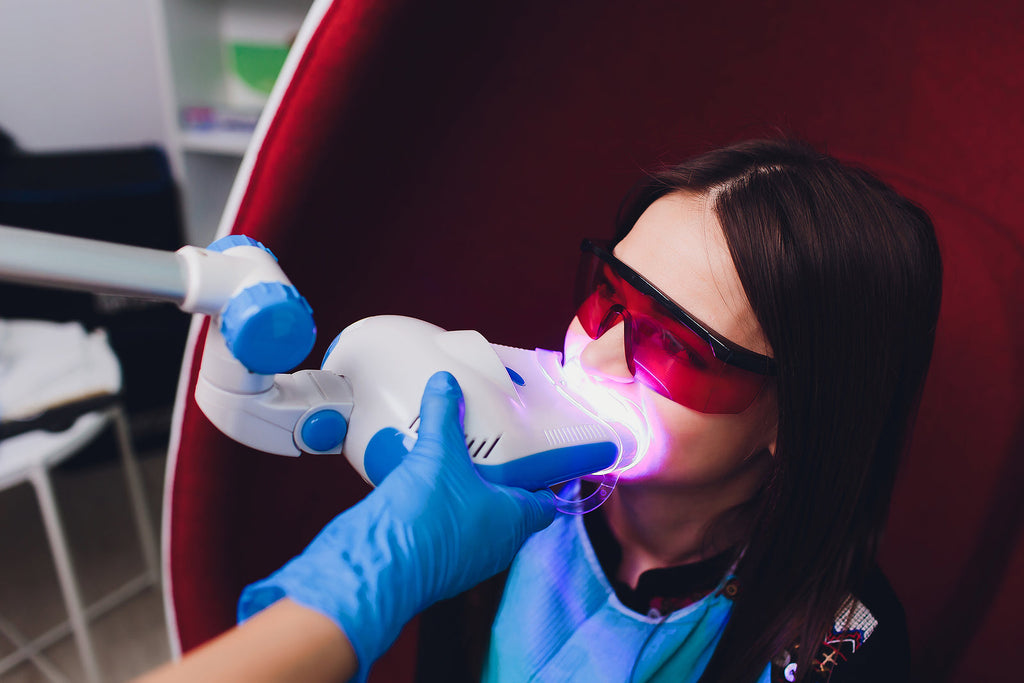
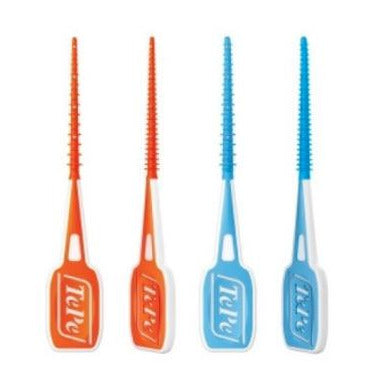
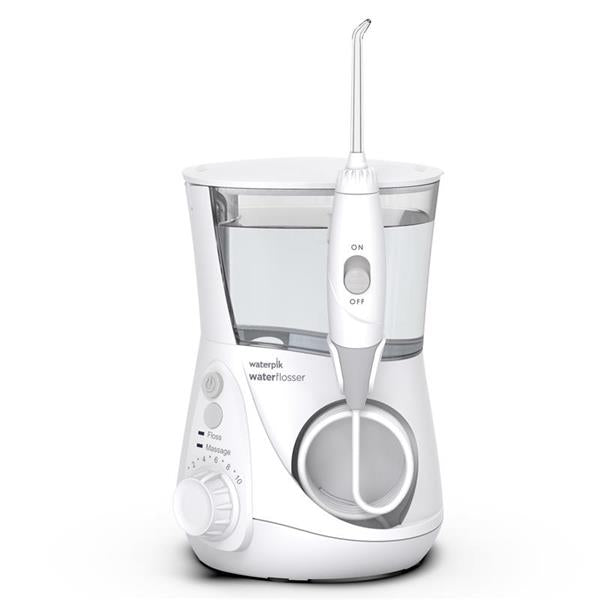
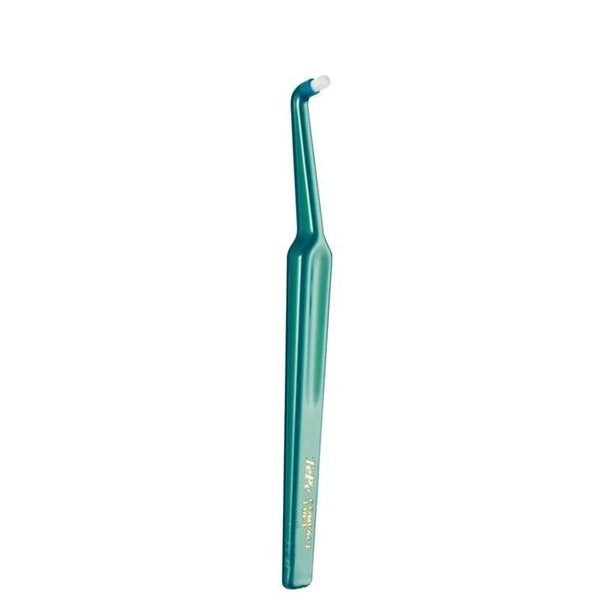
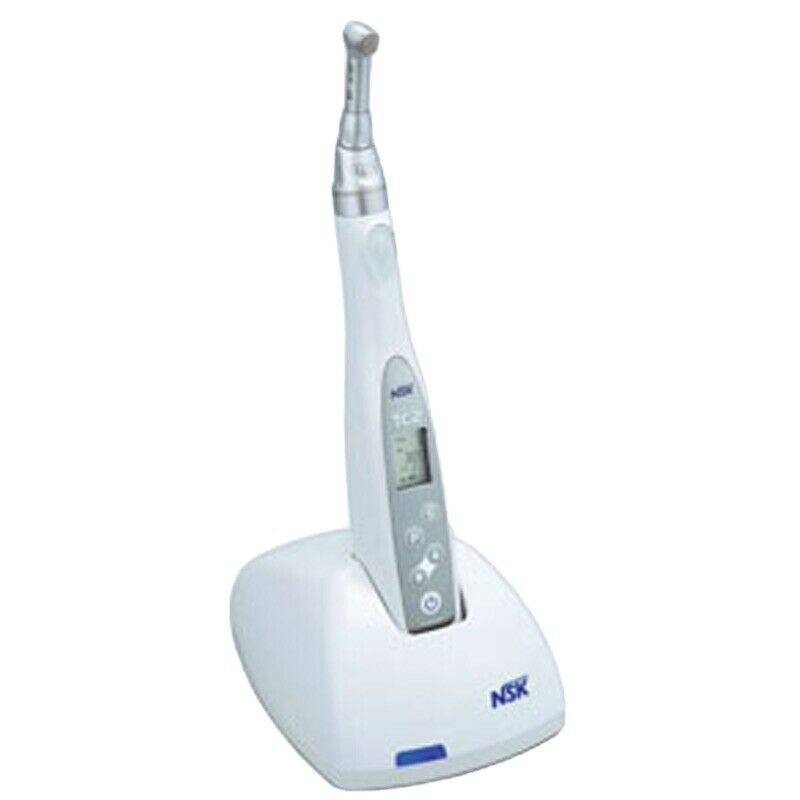
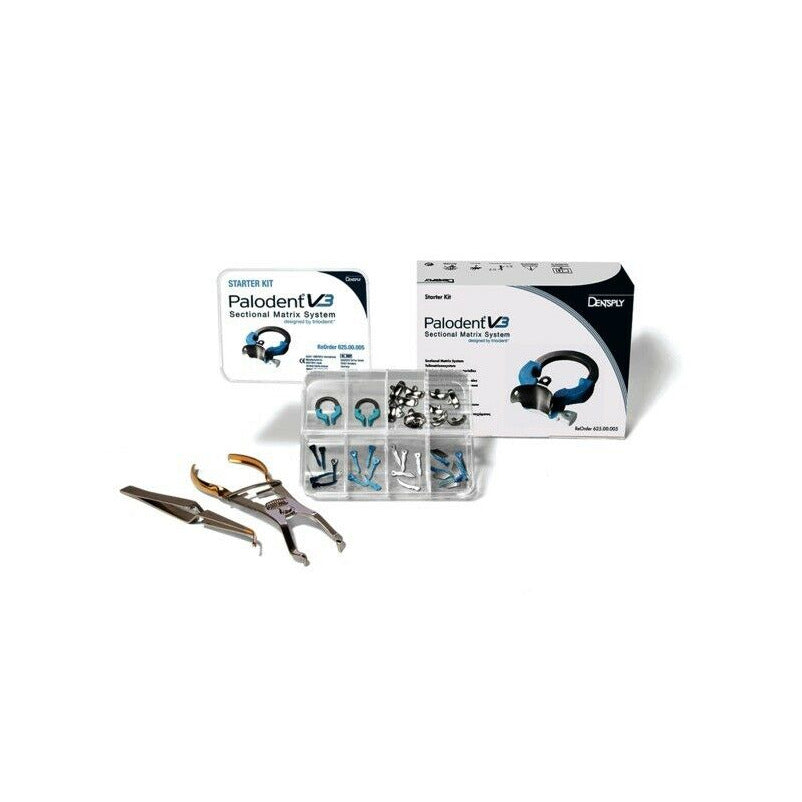
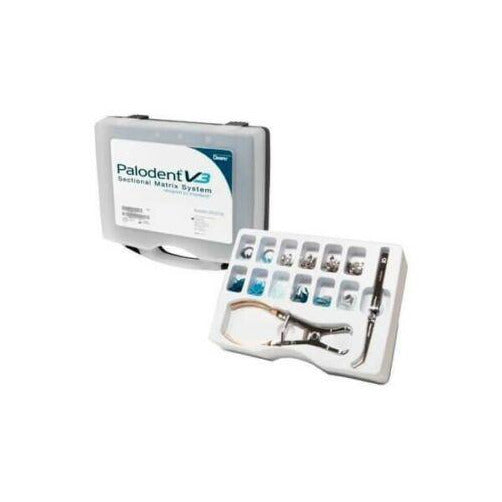
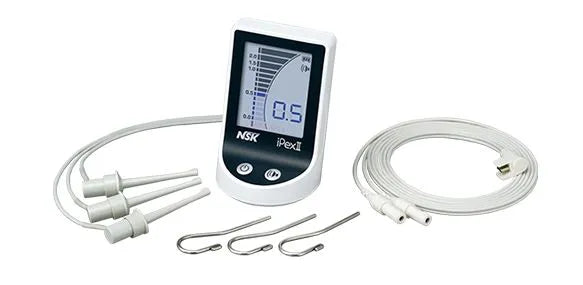
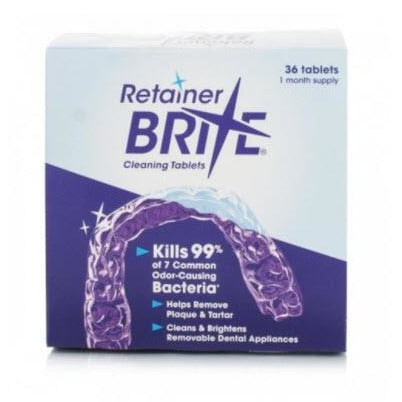
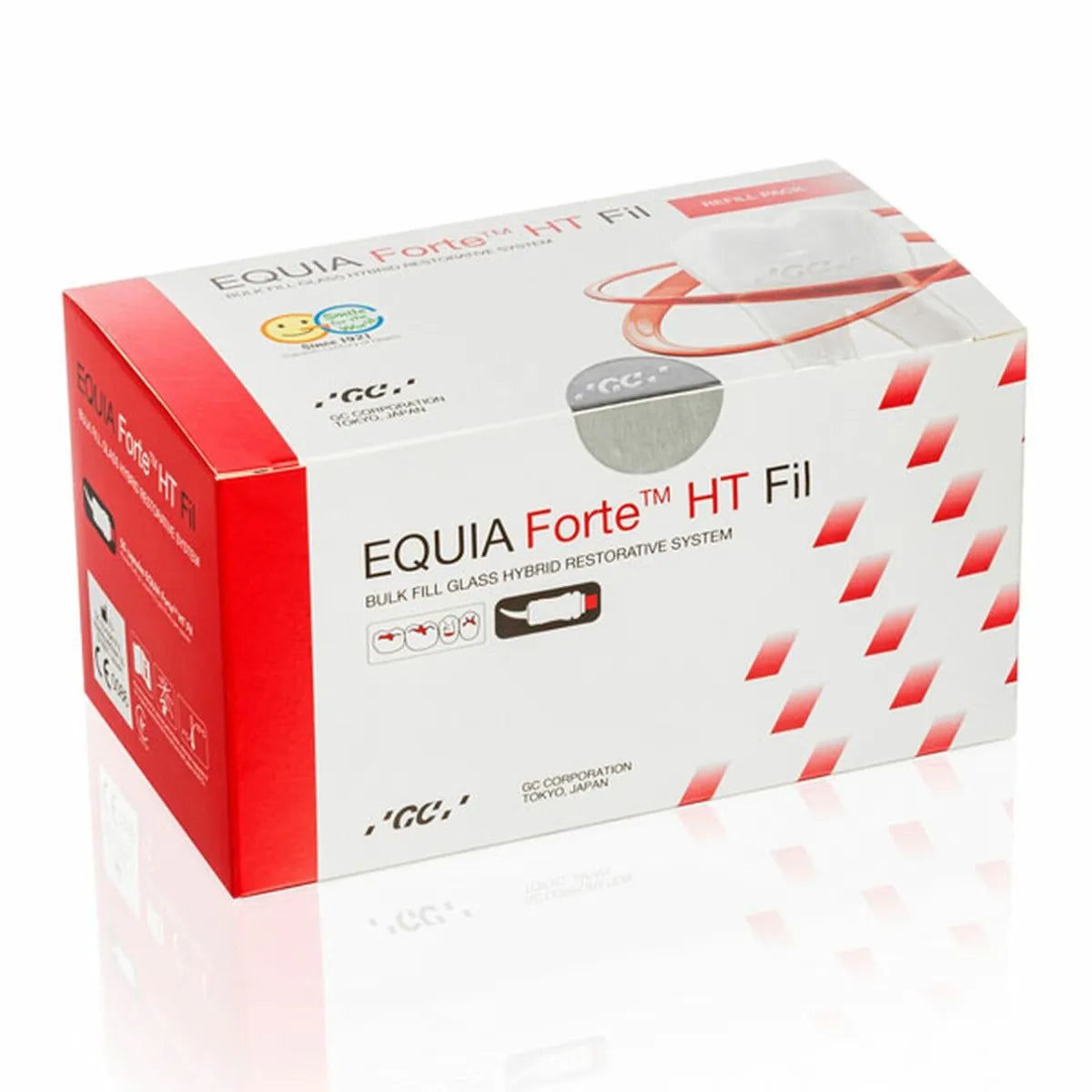
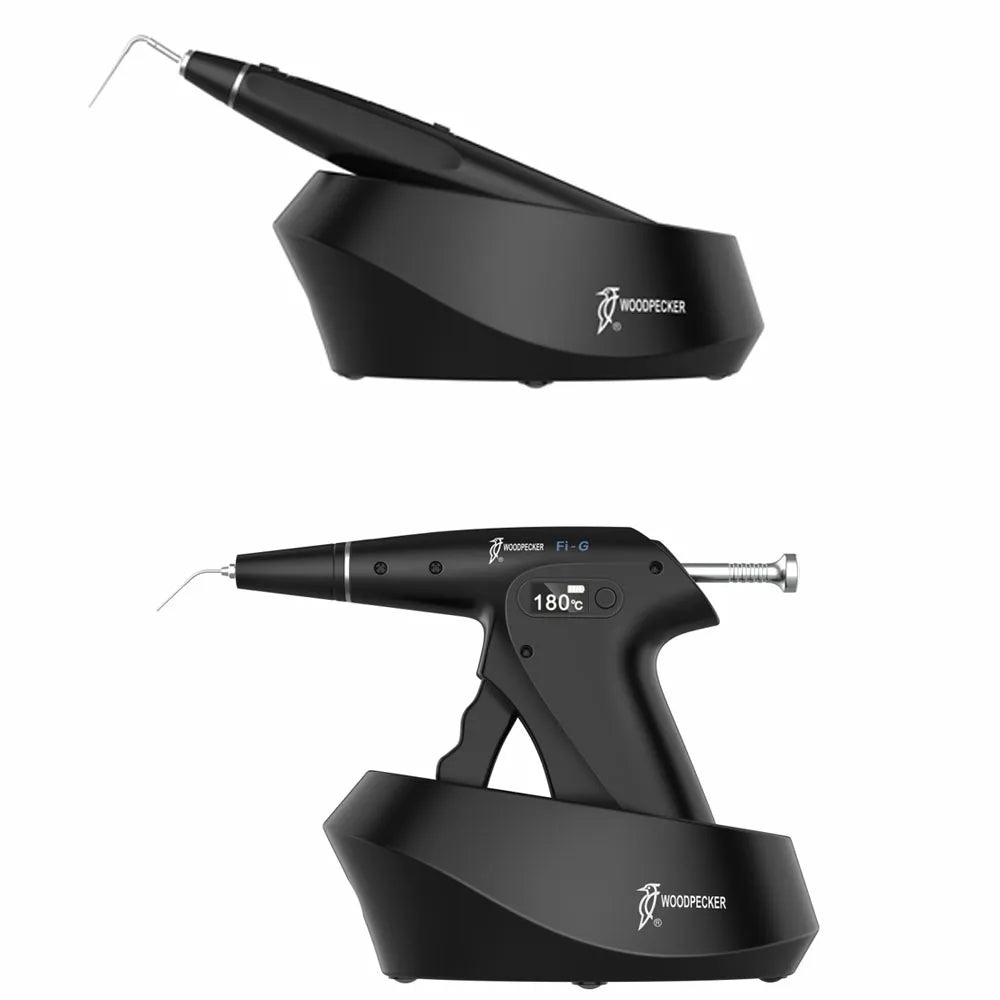
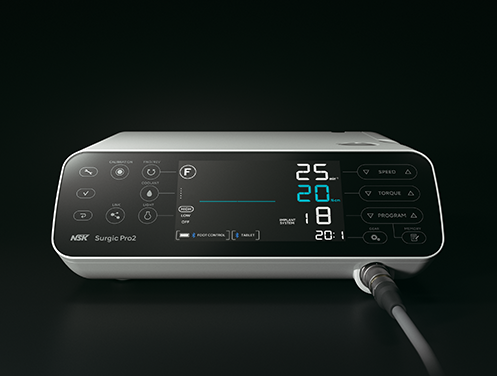
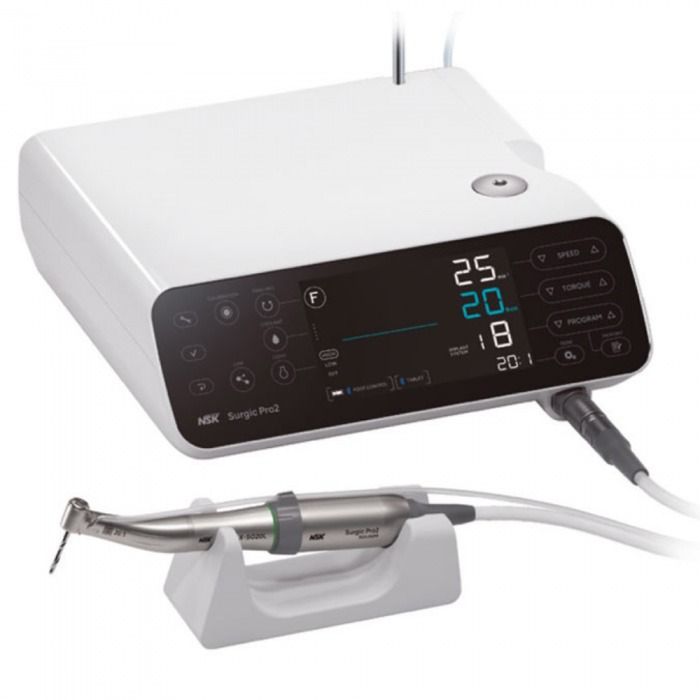
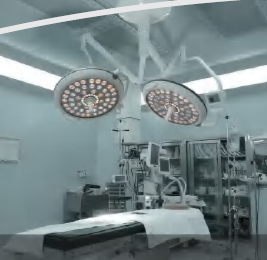

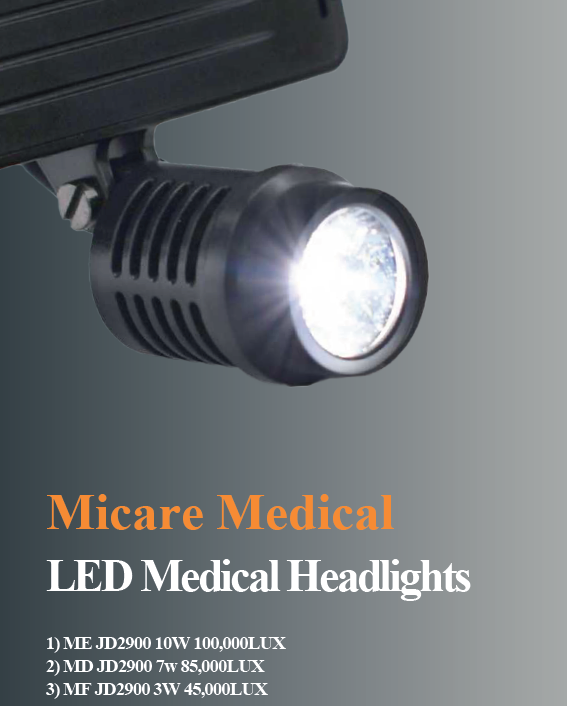
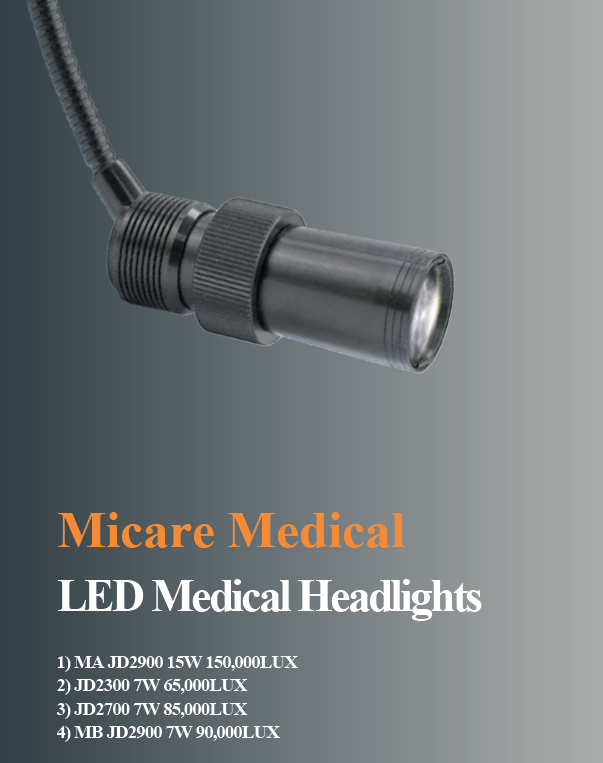
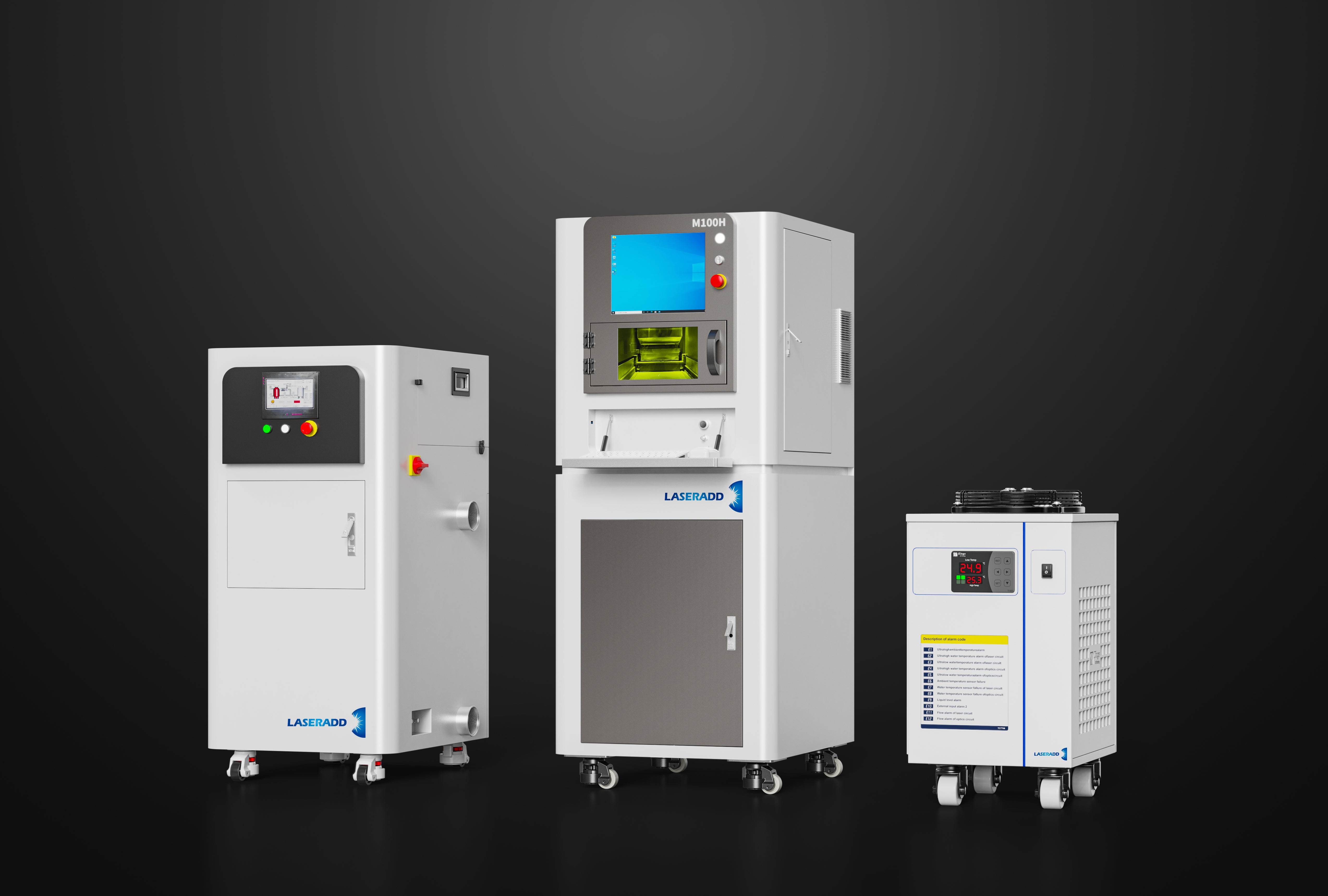
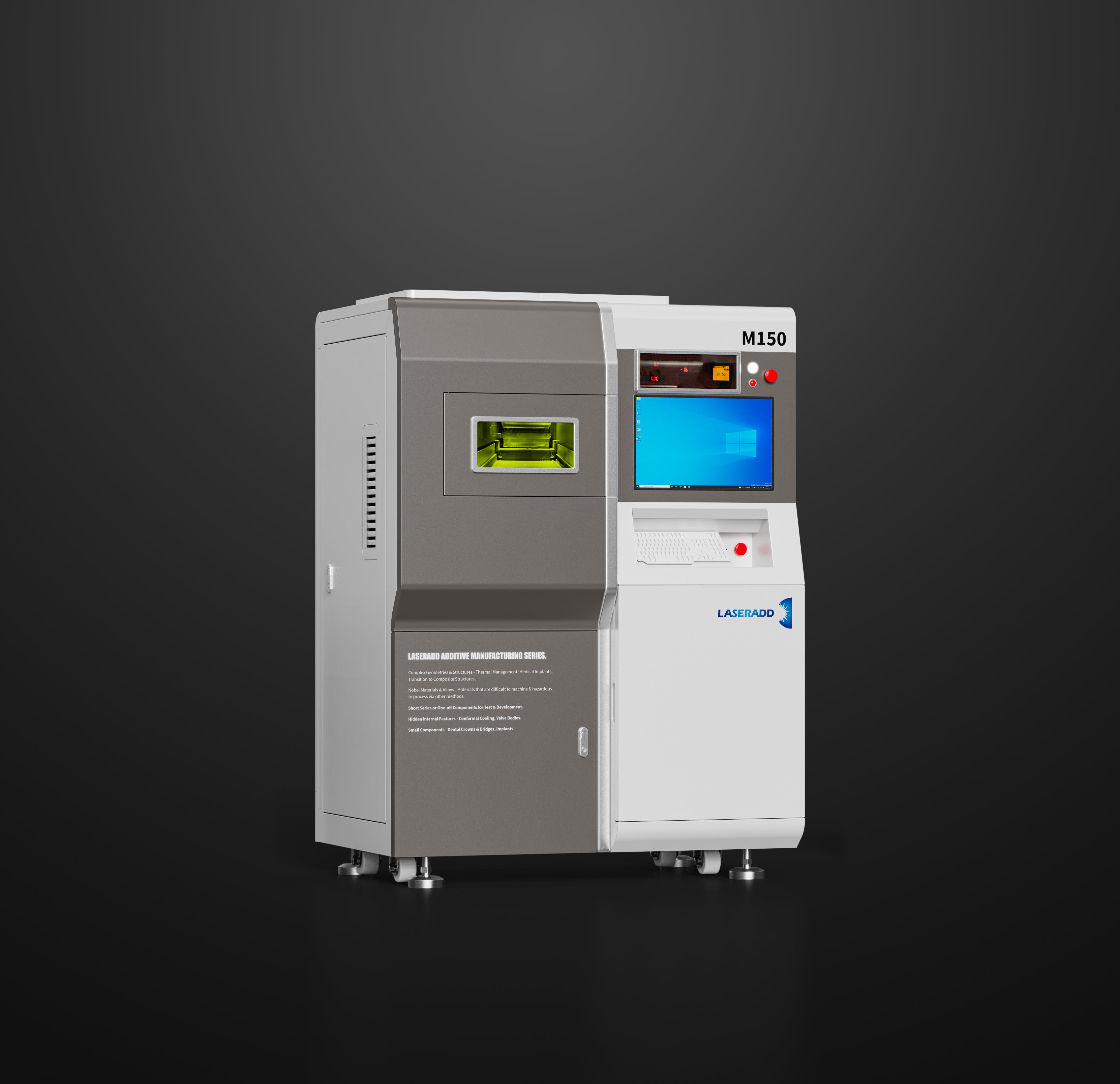
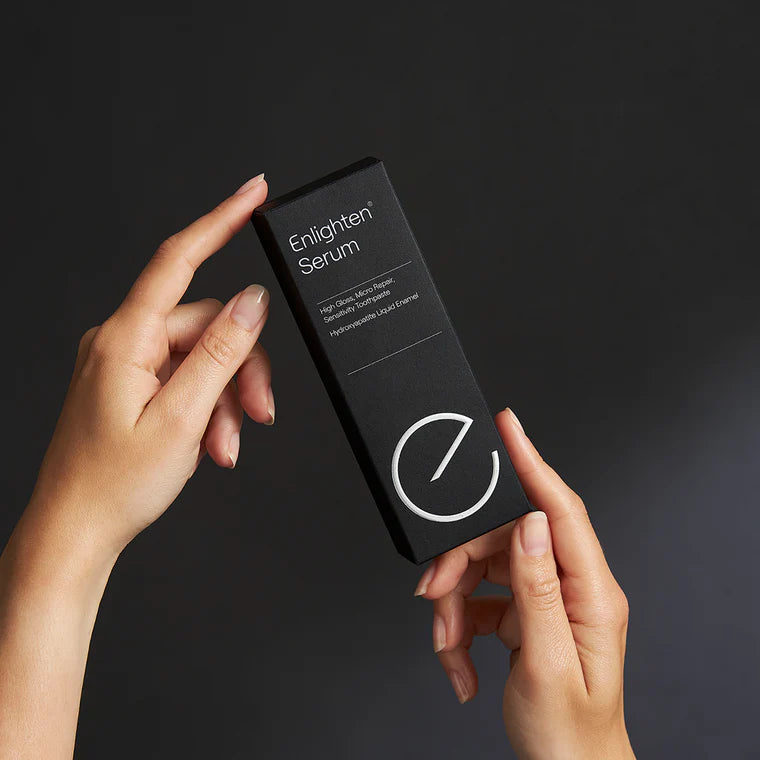
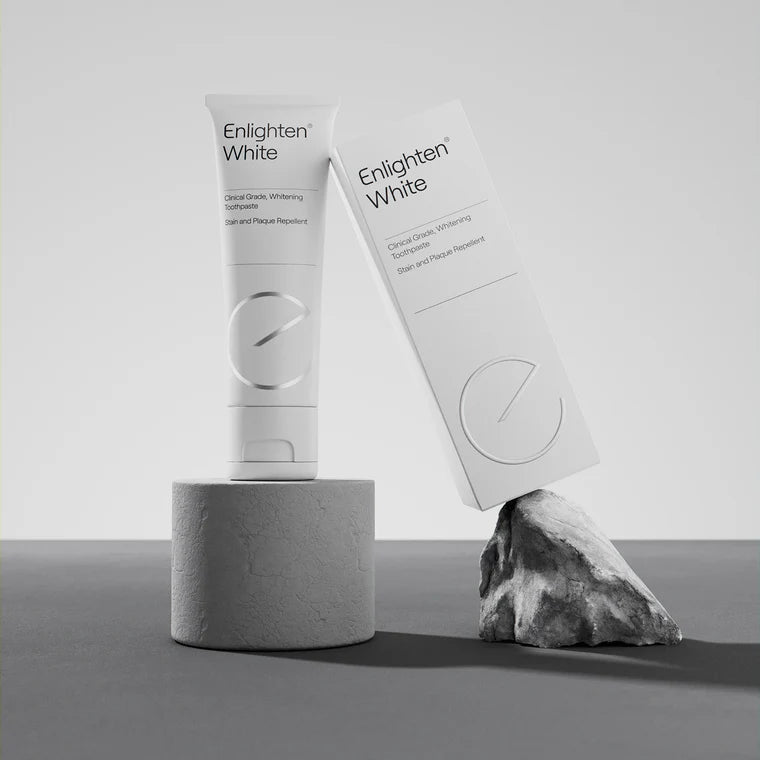
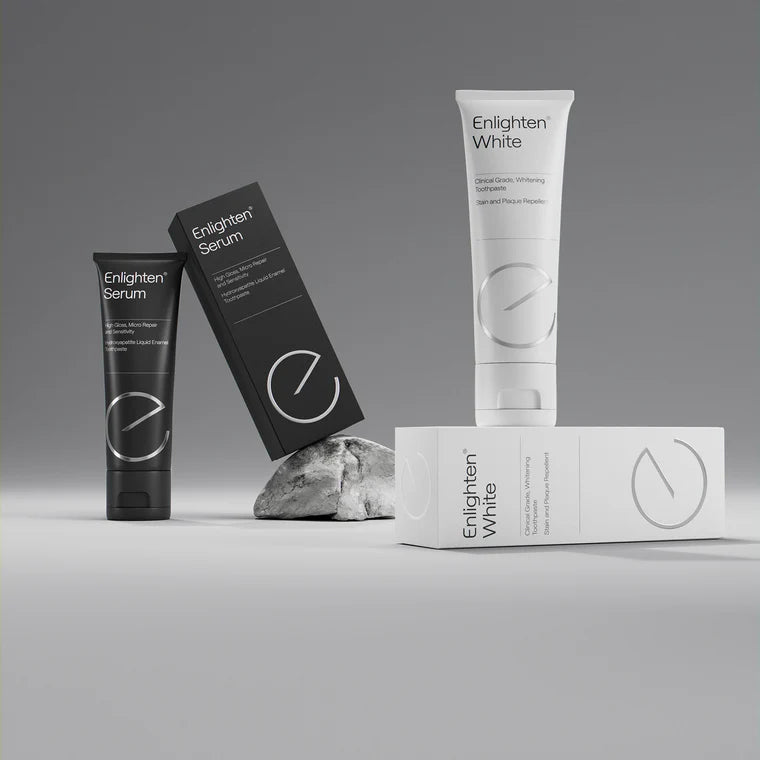
 Whatsapp us!
Whatsapp us!